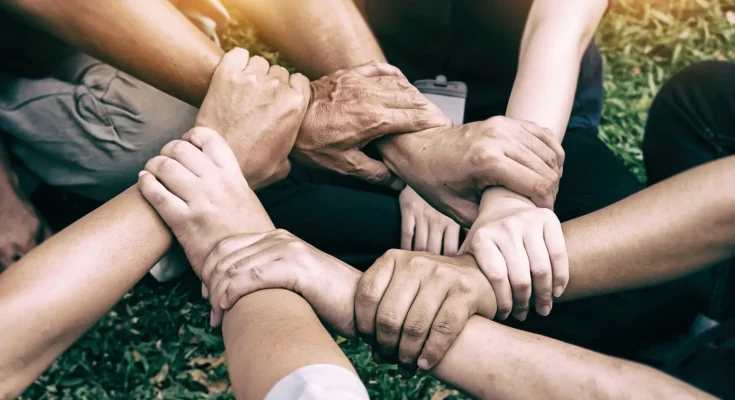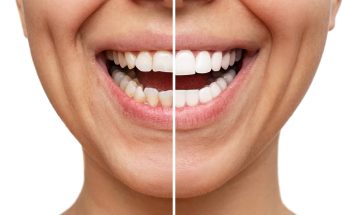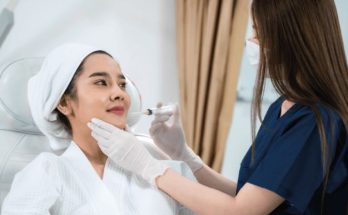Healing is never a journey meant to be taken alone. For women, the process of recovery—whether from emotional pain, addiction, or life’s struggles—often becomes stronger when shared with others. Community and connection play a powerful role in shaping this journey. They create spaces of trust, support, and encouragement where women feel understood.
Modern recovery programs also recognize the importance of connection beyond face-to-face support. Some even include technology that helps women stay accountable while remaining connected to their healing goals. Tools like Soberlink remind us that accountability works best when paired with compassion, creating a more supportive path to healing. It allows women to maintain progress while still feeling supported by a wider network of care. This combination of personal connection and modern solutions strengthens the healing process.
The Need for Connection in Healing
Human beings are wired for connection. When women struggle in isolation, the weight of pain often grows heavier. Without someone to lean on, challenges feel overwhelming. In contrast, being part of a supportive community provides comfort and strength.
In healing spaces, women often find others who have faced similar struggles. Sharing experiences reduces shame and builds trust. These connections show them that they are not alone, and that recovery is possible.
Emotional Support from Community
One of the most important roles of community is emotional support. Recovery often brings moments of doubt and fear. During such times, encouragement from others can make a difference. Hearing someone say, “I’ve been there too” can create a sense of belonging that breaks the cycle of loneliness.
Women heal faster when they feel valued. A supportive community validates their experiences and helps them rebuild confidence.
Learning through Shared Stories
Every woman’s journey is different, but sharing stories creates learning opportunities. In rehab groups, therapy circles, or informal support networks, women gain wisdom from each other’s paths. These shared lessons help them avoid mistakes, build resilience, and discover new coping strategies.
Community spaces also provide role models. Seeing someone further along in recovery inspires women to keep moving forward. It gives them hope that progress is within reach.
Accountability through Connection
Community does more than offer comfort. It also creates accountability. When women commit to their goals in front of others, they feel more motivated to follow through. Accountability partners, mentors, or group members act as gentle reminders to stay consistent.
This sense of responsibility is not about pressure. It is about knowing that someone cares enough to check in, listen, and encourage. Accountability through connection makes recovery more sustainable.
Building Trust and Rebuilding Relationships
Healing is often about repairing broken trust—both with oneself and with others. Community plays a big role in this rebuilding process. By learning to trust peers, mentors, or counselors, women practice vulnerability in safe ways.
Over time, this trust extends into personal relationships. Family bonds, friendships, and work connections can be restored. The skills learned in supportive groups prepare women to form healthier, more balanced relationships in life.
Overcoming Isolation and Stigma
Many women hesitate to seek help because of stigma. They may fear judgment or rejection from society. Community groups fight this by replacing stigma with acceptance.
When women see others open up without shame, it encourages them to share their own truth. This shared courage builds collective strength, making healing less about fear and more about growth.
The Role of Empowerment
Connection is not only about support—it is also about empowerment. When women come together, they remind each other of their worth and abilities. Communities celebrate small victories and push members to recognize their progress.
This encouragement helps women regain confidence. Empowered women are more likely to stay committed to their recovery, pursue personal goals, and inspire others along the way.
A Lifelong Network of Strength
Healing does not end when formal rehab or therapy sessions conclude. For many women, community becomes a lifelong source of strength. Support groups, wellness circles, or mentorship programs continue to provide connection long after the initial recovery phase.
These networks become safe havens in difficult times. They ensure that women never have to face struggles in isolation again.
Conclusion
The healing process is not only about personal effort. It is also about the power of community and connection. Women thrive when they share their journey with others who understand, support, and hold them accountable.
Through shared stories, emotional support, and empowerment, communities break the cycle of isolation and stigma. They remind women that healing is possible and that strength grows stronger when it is shared.
A woman’s path to recovery is filled with challenges, but with connection, it becomes a journey of hope. Community is more than a support system, it is the heartbeat of healing.




